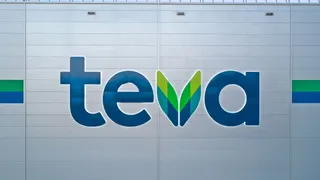
The European take on the Bolar provision: conclusions from Astellas v Polpharma
The European equivalent of the US Hatch-Waxman Act of 1984 (which encouraged the manufacture of generic drugs by the pharmaceutical industry) is the change made on March 31, 2004 to Article 10, point 6 of Directive 2001/83/EC, which introduces regulations into European law in the light of which “conducting the necessary studies and trials … and the consequential practical requirements shall not be regarded as contrary to patent rights or to supplementary protection certificates for medicinal products” if they are performed so as to meet the requirements defined in pharmaceutical law in connection with procedures to obtain a marketing approval (MA) for a medicinal product, in particular a generic product, given effect through the introduction of appropriate changes to the national patent laws of EU member states, including the German Patentgesetz (§11 Nr. 2b PatG) and the Polish Prawo własności przemysłowej (Article 69 ust.1 pkt 4 IPL).
Already registered?
Login to your account
If you don't have a login or your access has expired, you will need to purchase a subscription to gain access to this article, including all our online content.
For more information on individual annual subscriptions for full paid access and corporate subscription options please contact us.
To request a FREE 2-week trial subscription, please signup.
NOTE - this can take up to 48hrs to be approved.
For multi-user price options, or to check if your company has an existing subscription that we can add you to for FREE, please email Adrian Tapping at atapping@newtonmedia.co.uk

